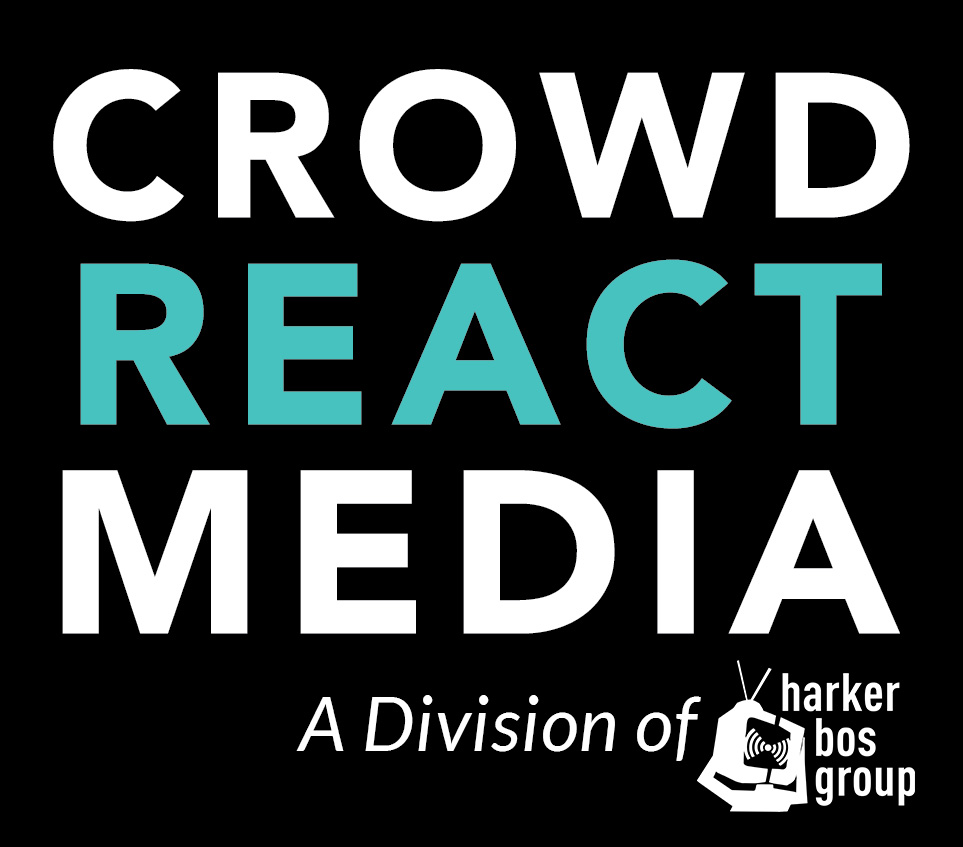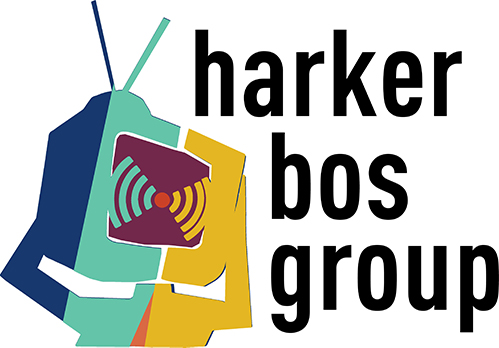Weekly Roundup – June 18th, 2024
Roundup Links
Disney brings playable 'advergames' to Hulu and ESPN
"Disney is sprinkling a new kind of playable ad across Hulu and ESPN. The new ad format, called “advergames,” will let you interact with the ads using your remote, as reported earlier by Adweek.
You might see two different advergames to start: Quiz Show and Beat the Clock. While Quiz Show presents a series of trivia questions, Beat the Clock challenges viewers to land golf balls into specific targets using their remote. Of course, they’re branded experiences, as the Beat the Clock ad features branding for Topgolf, and the Quiz Show game will prominently display an ad for a company while you play.
The pitch for this format is that it gives advertisers feedback on whether viewers actually noticed their content — plus, more kinds of ads mean more money for streamers. In its most recent earnings report, Disney’s streaming business inched closer to profitability after drawing more users to its ad-supported tier."
One soundtrack at the U.S. Open: Heckling from gamblers
"Bryson DeChambeau spent much of the U.S. Open smiling toward his boisterous fans as they hollered words of encouragement. On the No. 9 tee box Saturday, the cheering died down for a moment while he stretched a nagging right hip. Then, one spectator’s voice boomed out.
“Hey, Bryson! I’ve got a hundred bucks on you to shoot over 70.5 today!”
This time, DeChambeau was stone-faced. The heckler, a man holding two cans of White Claw hard seltzer named Lee Woody, seemed pleased when DeChambeau missed the green on the par 3.
“There’s a line, and I dip my toes in there a little bit,” Woody said of his taunting. He’d wagered another $100 through FanDuel on Hideki Matsuyama to shoot under 71.5 that day. “He’s very calm and composed,” Woody said of Matsuyama. “He doesn’t get rattled by anyone who chirps.”"
As NBA TV Deal Nears, Warner Bros. Discovery Is on the Outside
"Warner Bros. Discovery executives thought they had given the National Basketball Association a proposal it would accept.
In April, after months of negotiations, the company made an offer to pay billions of dollars to the league for the rights to continue showing its games on TNT, as well as its Max streaming service. TNT has shown N.B.A. games since the 1980s, and its “Inside the NBA” is widely considered one of the best-ever sports studio shows.
But with the end of Warner Bros. Discovery’s exclusive negotiating window looming, the N.B.A. insisted on changing the package of games the company would receive, according to two people familiar with the negotiations, who spoke on condition of anonymity to discuss the private dealings. Warner Bros. Discovery balked, and while the two sides have continued negotiating, the company now finds itself on the verge of losing the rights to televise the sport with which it has become inextricably linked. And on Friday night, the beating heart of “Inside the NBA,” the Hall of Famer Charles Barkley, said he would be retiring from TV after next season."
Exclusive: iHeartMedia and Deep Blue Take Women's Sports Audio Network Nationwide
"When iHeartMedia and Deep Blue Sports + Entertainment took their Women’s Sports Audio Network (WSAN) to Cannes Lions, they weren’t just seeking brand sponsors—they wanted to show receipts.
Today, iHeart and Deep Blue announced WSAN’s initial lineup of shows available across iHeartMedia’s broadcast, digital and podcast platforms. Plus, starting June 18, WSAN is launching “Women’s Sports Reports” across more than 500 iHeartMedia broadcast stations throughout the United States.
In addition, Capital One, e.l.f. Cosmetics and e.l.f. Skin will serve as WSAN’s founding brand partners."
Surgeon General Calls For Warning Labels On Social Media Platforms
"U.S. Surgeon General Dr. Vivek Murthy called on Congress Monday to require social media platforms to display warning labels alerting users of the potential harms the platforms pose to teens' mental health.
Why it matters: Murthy's call for Congressional action comes amid rising awareness of the dangers of social media for young people, as platforms try to negate some of the harms while facing lawsuits for their roles in the youth mental health crisis.
"The mental health crisis among young people is an emergency — and social media has emerged as an important contributor," Murthy wrote in a New York Times op-ed.
Driving the news: Warning labels like those that appear on tobacco products can raise awareness and change behavior, he wrote.
Neither the House nor the Senate has introduced legislation requiring waning labels on social media, per the New York Times.
Zoom in: Teens who spend more than three hours a day on social media face increased risk of showing signs of anxiety and depression, Murthy wrote.
Almost half of teens say these platforms make them feel worse about how they look, he added."
Google loses bid to end US antitrust case over digital advertising
"Alphabet's Google must face trial on U.S. antitrust enforcers' claim that the internet search juggernaut illegally dominates the online advertising technology market, a federal judge ruled on Friday.
U.S. District Judge Leonie Brinkema in Alexandria, Virginia, denied Google's motion during a hearing, according to court records.
Google had argued for a win without a trial, saying that antitrust laws do not block companies from refusing to deal with rivals and that regulators had not accurately defined the ad tech market.
...
The Justice Department and a coalition of states sued the tech giant last year, claiming it was unlawfully monopolizing digital advertising and overcharging users. The lawsuit seeks primarily to break up Google's digital advertising business to allow for more competition.
The regulators convinced Brinkema on Friday to block a former FBI agent who acted as a cybersecurity consultant for Google from testifying as an expert at the trial."
Global audiences suspicious of AI-powered newsrooms, report finds
"Global concerns about the use of AI in news production and misinformation are growing, a report published by the Reuters Institute for the Study of Journalism found, posing fresh challenges to newsrooms already struggling to engage audiences.
The institute's annual Digital News Report published on Monday, which this year is based on surveys of nearly 100,000 people across 47 countries, offers a picture of the hurdles news media faces in lifting revenue and sustaining business.
Newsrooms globally are working to address a new challenge with generative artificial intelligence, as tech giants and startups like Google and OpenAI build tools that can offer summaries of information and siphon traffic from news websites.
But the report found that consumers are suspicious about the use of AI to create news content, particularly for sensitive subjects such as politics.
According to the survey, 52% of U.S. respondents and 63% of UK respondents said they would be uncomfortable with news produced mostly with AI. The report surveyed 2,000 people in each country, noting that respondents were more comfortable with behind-the-scenes uses of AI to make journalists' work more efficient."
Recent Blogs from Crowd React Media
This Week's HBG Media Minute: How do workers pass the time on the job? They are listening to audio.
In this week's Media Minute Sean Bos dives into a recent study surveying over 800 radio listeners nationwide about their on-the-job audio habits. A staggering 86% of radio listeners admitted to listening to audio while at work, with a significant 69% tuning in for the majority of their workday, and 24% plugged in for the entire day. Music streaming surpassed traditional radio as the preferred choice (81%) on the clock, indicating evolving preferences despite a strong 71% still tuning into radio broadcasts at work. The study underscores a pervasive trend of high audio consumption in workplaces.
Upcoming Study: The State of Spanish-Language Media 2024
In a recent article for Radio Ink, Katie Miller dives into Harker Bos Group's upcoming study highlighting the vibrant community connection in Spanish-language radio. Conducted entirely in Spanish and focused on Spanish-dominant or bilingual speakers, the study found that 91% of listeners value local events and updates. Most listeners (86%) believe Spanish-language radio is crucial for maintaining cultural identity, with 67% feeling it fosters a sense of belonging. The study also reveals that Spanish-language radio significantly influences social, cultural, and political views, with high trust in local DJs and hosts driving listener engagement and responsiveness to advertisements. This unique ability to connect deeply with audiences makes Spanish-language radio exciting and invaluable.


